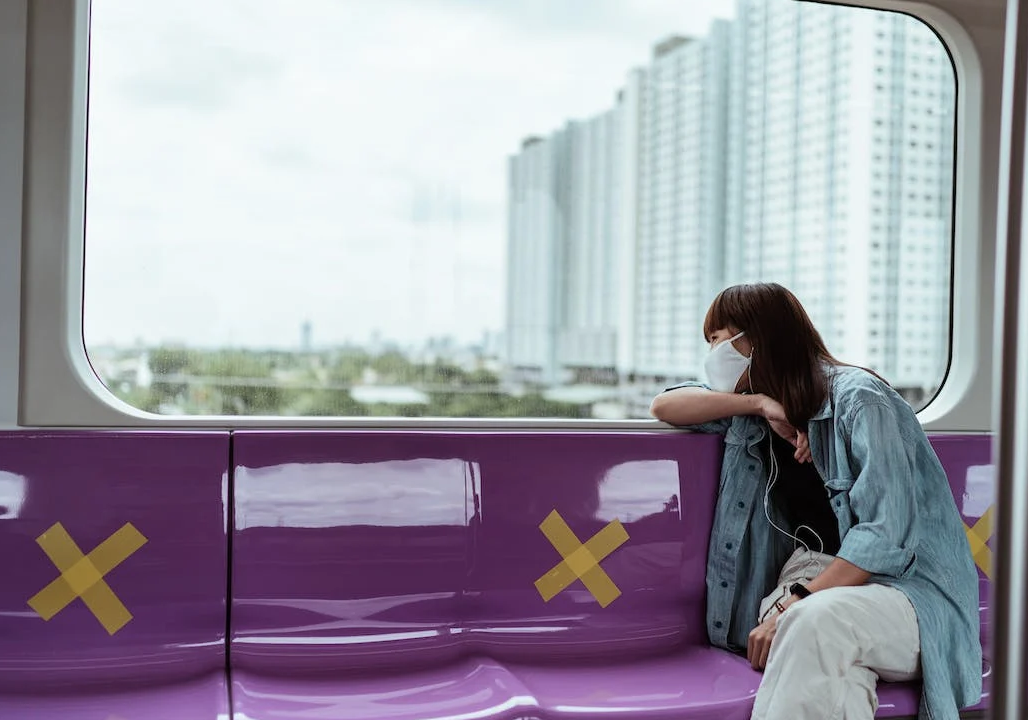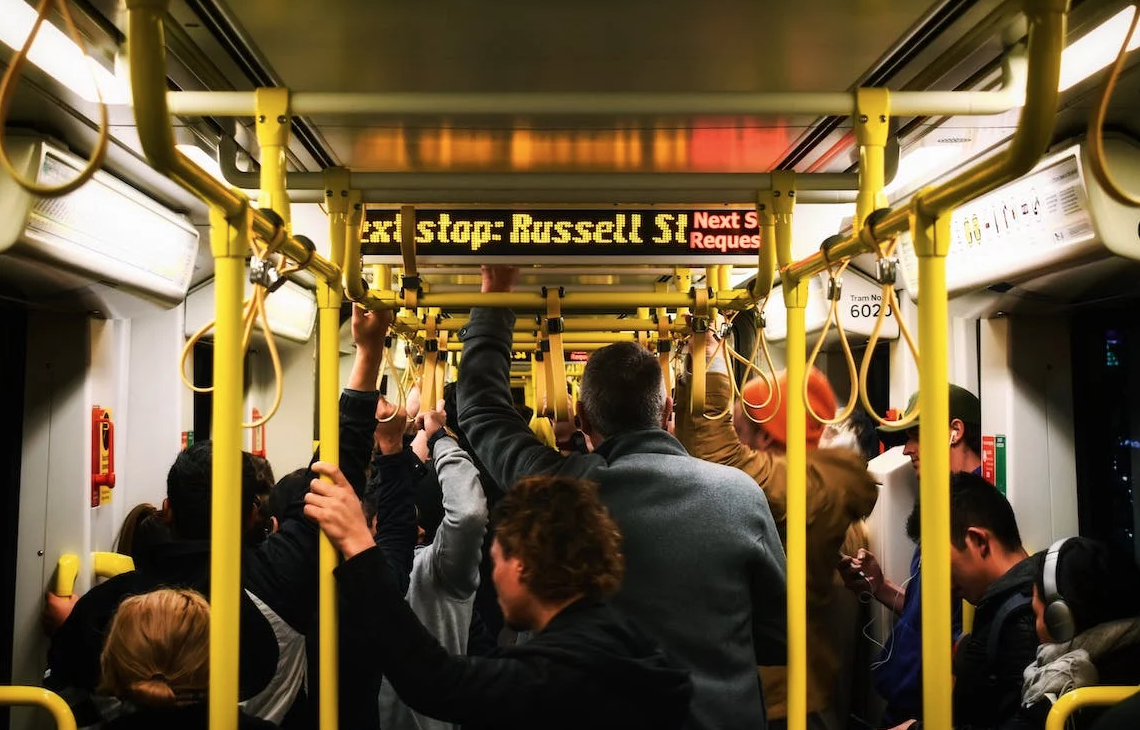The dispute around priority seats on public transportation in Taiwan has persisted for the past decades. The Taipei Rapid Transit Corporation has also spoken out to say that it has added a revised idea to the priority seat signage, urging people to give the elderly and expectant women precedence. The priority seat is also open to anybody in need.
Young people are urged to give up their seats to the elderly under the so-called priority seat idea, which originated in Northern Europe and later spread to Asian nations including Japan, South Korea, and Taiwan. When given a seat, Japanese people typically turn down because they prefer not to disturb other people. Additionally, some Japanese individuals state that they do not want to be provided seats.
Young people in Korea rarely use priority seats since it is customary to give up your seat to an elder. Young people will also receive a warning if they refuse to give up their seats to elderly passengers.

Controversy over priority seat varies with different culture across countries.Photo reproduced from pixabay
France is the most "individual"-oriented nation in Europe; therefore, everyone has a unique perspective about giving up their seat. When their seat is offered up, some individuals may feel appreciative, or they may feel discriminated against. The UK places a strong emphasis on saving seats for people who need them the most. The elderly typically gives up their seats to students and younger people as a result. Some older folks feel they are being discriminated against because of their age, hence they don't want others to give up their seats to them.

Controversy over priority seat varies with different culture across countries.Photo reproduced from pixabay
Pregnant women are treated like regular individuals in the United States, whereas kids are the ones who need to sit down. As a result, Americans tend to give up their seats to kids more frequently. Like that of Europe and the US, Australia too has a seat-giving tradition. The sole unique circumstance is that those who purchase student tickets are required to give up their seats to adults who purchase regular tickets.
Passengers will give up their seats when they see monks on a bus or train since Thailand is a Buddhist nation and values monks highly. In Thailand, there are signs that symbolize the poor, needy, elderly, women, and children in addition to signs that are specifically made to depict monks.
Taipei Rapid Transit Corporation said that the idea of yielding one’s seat is a matter of personal etiquette and cannot be imposed by rules and legislation in response to Taiwan's priority seat comity problem. However, through broadcasts, posters, etc., it will continue to encourage the general public to give up their seats to passengers in need.







